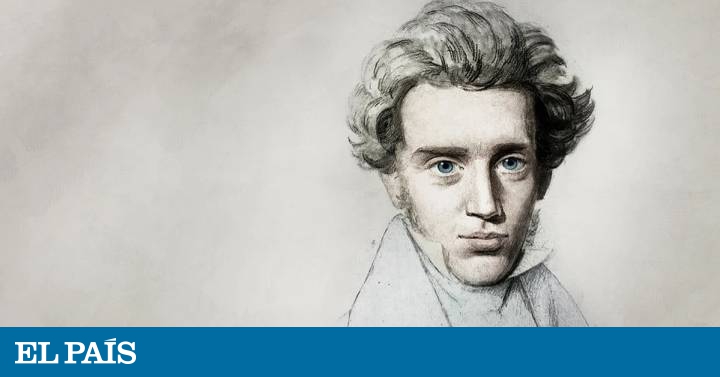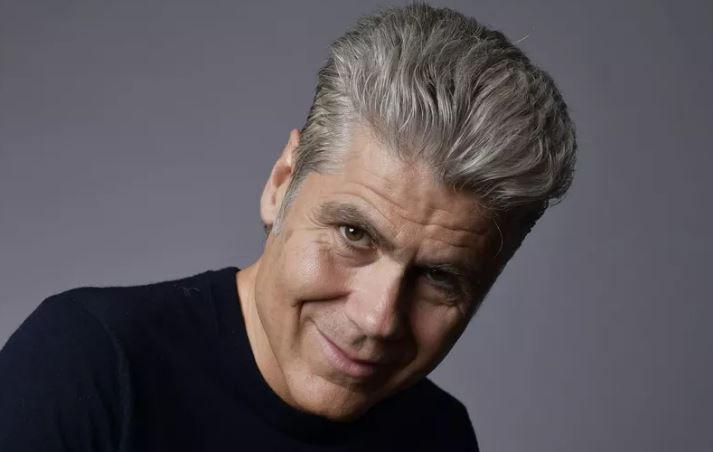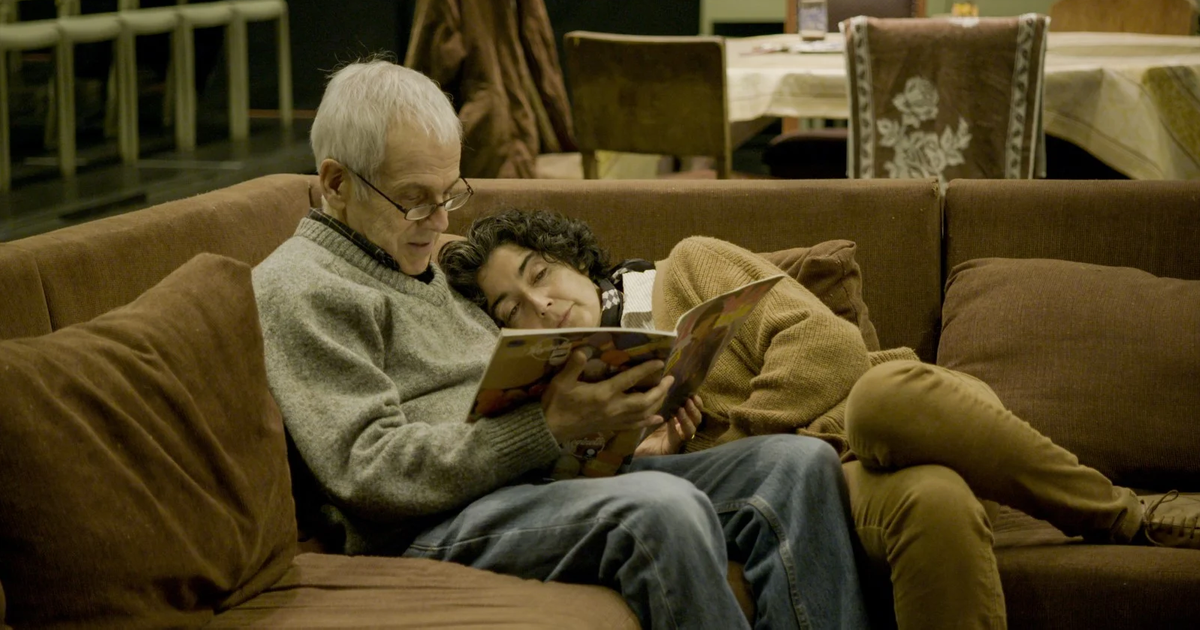My dear reader! Read aloud if possible!
By doing so you will receive more strongly the impression that you will have to deal only with yourself, not with me, "I have no authority", nor with others, which would be a distraction.
SK
MORE INFORMATION
1. HENRI BERGSON: Time was something else
2. SIMONE WEIL: Gravity and grace
3. PICO DELLA MIRANDOLA.
Praise of sympathy
4. JORGE LUIS BORGES.
The being and the time
Borges was once asked what he would seem to be Borges for all eternity.
He replied that he was tired of being Borges, that it would not be a good idea.
Despite this, the large biotechnology corporations dream of offering the exclusive product (only for certain pockets) of an endless life.
Eternity has always been a legitimate aspiration.
The problem is to define which part of us we want eternal (the body, the mind or the spirit) and which is better to leave ephemeral or fleeting.
Kierkegaard is the modern thinker who has taken the matter most seriously, and his conclusions are surprising.
For the Danish, what defines the human being is not reason, nor the ability to use abstract or metaphorical language.
What defines us is despair.
Man is that animal that despairs.
And that despair comes from being spirit, that is, for being eternal.
Being eternal is maddening, but so is ignoring that condition.
Kierkegaard turned despair into a philosophical category.
It is the essential disease of man and he called it the "cold fire."
The heat of that fire is despair itself, and the cold dialectic, which is what characterizes the spirit.
The spirit is dialectical because it is a synthesis of the eternal and the passing, of the infinite and the finite, of possibility and necessity.
We are made of opposites (Heraclitus already said) and the spirit is the place where opposites reconcile.
Our hybrid condition has a conclusion: we are desperate beings.
And a corollary: our problem is not death, our problem is to be eternal.
There is no one who is not desperate.
And we cover that congenital despair in many ways: looking for (fragile) happiness, contemplating beauty (ephemeral) or hiding behind (puritanical) ethics.
The worldly hustle and bustle allows us to forget that deep and desperate self that we are.
And we usually do it by expanding the ego (that mess of manias and mental inclinations).
We forget the One (which is not a number, as Nicolás de Cusa said, but what makes numbers possible), and we accept being a number among the crowd.
That is the most common form of despair.
The person who has been lost in this way may be successful in life, but her spirit has been polished like a pebble, and she circulates like a coin that goes from hand to hand.
Nobody considers him desperate (on the contrary, everyone surrenders to his success), but that exemplary citizen, lover of foresight and amassing money, secretly is.
For Kierkegaard, what defines the human being is not reason, nor the ability to use abstract or metaphorical language.
What defines us is despair
Despair is a helpless passion, because it is not capable of achieving its own extinction (that is the illusion of the suicide).
The desperate Cabal despairs that he cannot destroy himself.
And it is logical, because despair sets fire to something fireproof: the spirit.
Life is desperate if the possibility is lacking, but those who lack possibilities are as desperate as those who have no need.
Until a certain age one lives on hopes and possibilities, and these diminish until everything is necessity.
He who has illusions is no less desperate than he who does not.
The fatalist is also desperate.
Ignore that personality is a synthesis of need and possibility.
Possibility is like breathing: a continuous flow of aspirations and the fatalistic self does not breathe, sheer need suffocates it.
Only he who understands that everything is possible comes into contact with the divine.
As desperate is the dreamer as the banal and unimaginative bourgeois who lives by impulses of the pleasant and the unpleasant and lacks the courage to be a spirit.
Faced with these evasions, Kierkegaard proposes to live and delve into the absolute paradox of the spirit.
Whoever avoids paradox is like the lover who fears passion.
He does not know that the ultimate aspiration of passion is his own disappearance, and that is impossible.
All this vision has, of course, its antecedents.
Kierkegaard arches like a reed, is spindly and somewhat lopsided.
He wears a silk scarf around his neck, his eyes clear, his features sharp, his hair straight and swirling.
He walks the streets at a good pace and with an out-of-step gait (his leg is longer than the other), his jacket excessively buttoned and his chin high.
His stamp is familiar to his fellow citizens.
Not so much because she has been ridiculed to the point of cruelty by a local satirical magazine, but because of her continuous walks, because she relishes conversations with her countrymen with pleasure and wit, because of her continuous displays of affection with the tormented students who approach her.
His short life (like that of Weil or Pico) runs over the abyss.
As a young man he discovers that his father cursed God when he was a goatherd in Jutland.
His melancholic parent can hear divine laughter, which is embodied in his success in business.
Understand that you must shoulder that burden.
He falls in love with 14-year-old Regina Olsen, but renounces the marriage and dedicates himself to studying.
Except for a few months in Berlin, his life takes place in Copenhagen.
In the German capital he listens to the lessons of Schelling, who seems a fool to him and, when all of Europe is Hegelian, maintains that there is no equivalence between being and reason and that the truth is not only far from being "pure thought", but is it seems more like an unfathomable and contradictory subjectivity.
As in Weil's case, an ecstatic experience leads him to embrace the fight against Christianity in the name of Christianity.
He spends all his money (inherited thanks to the curse of his father) in the magazine
The instant.
Many sign on its pages but he only writes under different heteronyms.
When the money runs out, he dies.
Cornered by the official church and the Hegelians, it avoids oblivion thanks to Haecker and Heidegger and reaches Spain through Høffding and Unamuno.
Of all the philosophers, Kierkegaard is the best writer
Kierkegaard maintains that life is indefinable and that only intimate tribulation can decant true transformations.
The external revolution, public or political, is inane.
He postulates, like the ancient Brahmins, that life is made up of stages.
The first one is aesthetics, governed by the principle of seduction.
Kierkegaard was the perfect seducer and wrote a juicy diary on the matter.
The second stage is ethics and family, life as a task.
The third is the surrender to the absolute paradox and the flight towards the divine.
What allows the passage from one stage to another is the jump (Springet).
Life always leads to the crossroads and this is solved by jumping.
The break is essential.
The anguish is paralyzing, but the vertigo before the abyss can be a springboard for the jump.
The leap has nothing to do with Hegel's logical-metaphysical becoming.
It does not occur in history but belongs to life and life is never universal.
Science can explain the different states, but not the jump, which cannot be observed and, strictly speaking, is not a phenomenon.
It does not occur in the world, but outside the world and has a metaphysical (magnetic) nature.
However, not all jumps are the same.
The leap between the aesthetic stage (life as a possibility) and the ethical stage (life as a task) is made through irony.
While the jump between the ethical and spiritual stage is made through humor.
Laughter (in the face of Hegel's seriousness) smashes the tree of vanity with its ax, the ramifications of ambitions.
Laughter contains, like a seed, the fruit of wisdom.
Of all the philosophers I have read, Kierkegaard is the best writer (and I don't know Danish).
He is followed closely by Nietzsche and, a little further behind, come the "English": Hume, Berkeley, Santayana and Bergson (a Scotsman, an Irishman, a Spaniard from Boston and an Anglo-Polish Jew born in France), clearer but no less bold.
Those who know German say that Hegel is illegible and Kant clumsy.
Sometimes I wonder if good philosophy is a friend of literature.
I suspect so, although the literary is always threatened by affectation and good philosophy is diaphanous.
The style of Heidegger or Derrida is a passing (and French) shock that will eventually be forgotten.
The demand of this great desperate that was Kierkegaard seems limitless.
It contains a metaphysics of youth: all life that is not based transparently on pure possibility (the divine) is a wasted life.
There are those who prefer to rest in the clouds of abstractions such as the State, the Nation or Justice, or in duties that bind others.
“The child, who until now has only had his parents as a measure, will soon be a man when he has the State as a measure.
But what infinite rank he acquires when the divine becomes his measure! "











/cloudfront-eu-central-1.images.arcpublishing.com/prisa/S7ERVSCT4FUVX6R7TUVBDNTH5Y.jpg)



